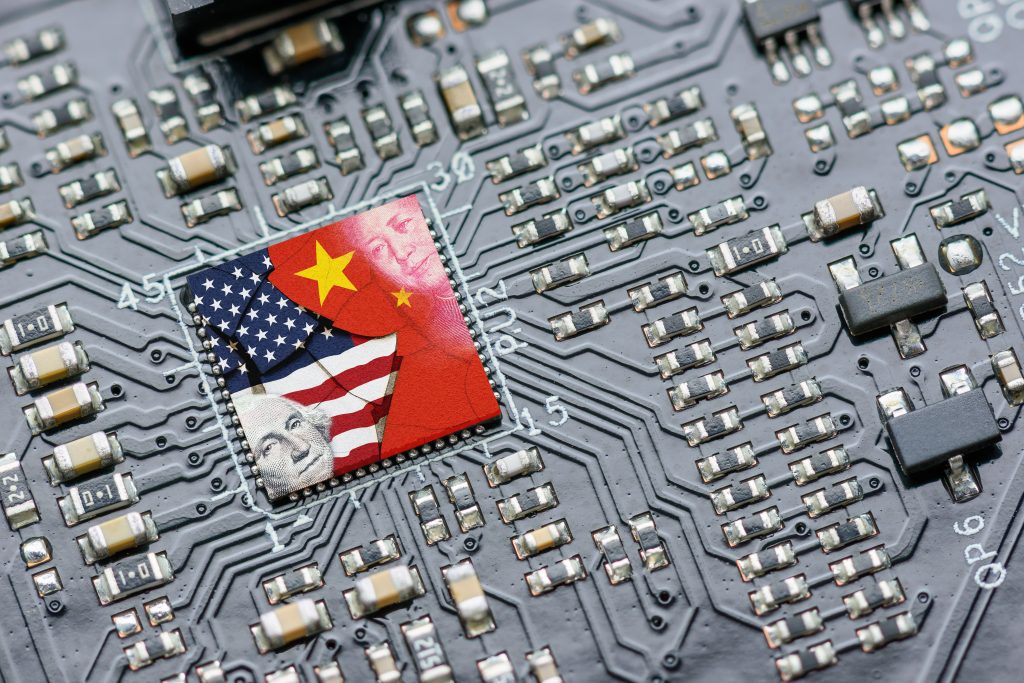China imposes export restrictions on chipmaking metals
China to impose export controls on gallium and germanium, key metals in semiconductor manufacturing, starting 1 August, in retaliation to US chip bans.

China’s Ministry of Commerce announced that starting from August 1, export controls will be imposed on gallium and germanium, essential metals in semiconductor manufacturing, in order to safeguard national security and interests. Exporters will be required to obtain licenses and provide information about importers and end users to facilitate the shipment of these raw materials out of the country.
The move comes amidst an intensifying global battle for technological supremacy, particularly between China, Europe, and the United States. The restrictions serve as a warning to the New US Chip Bans on China, indicating that China has retaliatory options and aims to deter further restrictions on Chinese access to high-end chips and tools. The ongoing technological feud between the US and China has led to the US implementing sweeping rules to cut off chip and semiconductor tool exports to China. The US has also urged key chipmaking nations and allies, such as the Netherlands and Japan, to introduce their own export restrictions. In response, the Netherlands recently imposed export restrictions on advanced semiconductor equipment, effectively preventing ASML, the world’s largest supplier of lithography equipment for making chips, from exporting to China.
Experts suggest that the impact on global supply will be limited due to the targeted scope of the curbs. This move is viewed as a signal rather than an outright ban on specific countries or end-users. Chinese germanium producers experienced a surge in share prices as anticipation of rising raw material prices increased, potentially causing short-term supply disruptions.
While officials from South Korea and Taiwan downplayed the immediate impact of China’s curbs, there is speculation that the restrictions may expand to include other materials in the future. Gallium is widely used in compound semiconductor wafers for electronic circuits, semiconductors, and light-emitting diodes, while germanium plays a crucial role in fiber optics for data transmission.
China’s dominance in mining and processing operations, coupled with state subsidies, has allowed the country to export processed minerals at a lower cost than its competitors, thus maintaining its market dominance for critical commodities. However, previous attempts by China to leverage this dominance by restricting exports have resulted in reduced global availability and increased global prices. This has, in turn, spurred foreign competition and made mining and processing ventures outside of China more cost-competitive.
Amidst this global landscape, countries increasingly focus on securing their own chip supply chains and developing domestic chip industries. Some nations leverage their strengths in specific areas to bolster their semiconductor capabilities. For instance, a fund backed by the Japanese government recently proposed a significant acquisition of JSR, a semiconductor materials giant.


